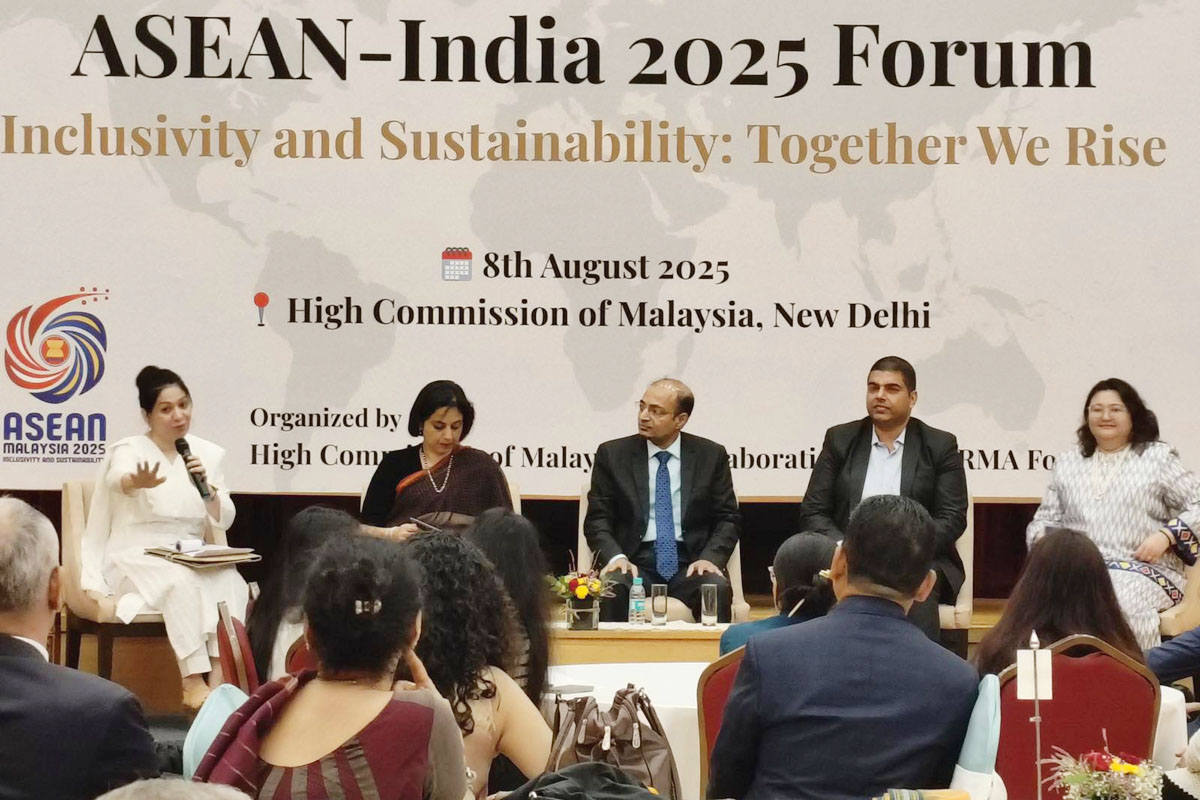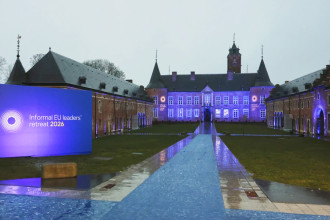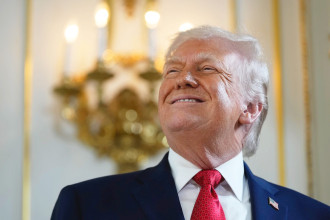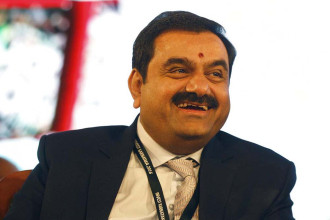
NEW DELHI: The High Commission of Malaysia in New Delhi, in collaboration with the KARMA Foundation, hosted the ASEAN–India 2025 Forum to commemorate ASEAN Day on Friday. Themed ‘Inclusivity and Sustainability: Together We Rise’, the event underscored the growing importance of people-centred diplomacy and regional cooperation.
The forum was chaired by Dato’ Muzafar Shah Mustafa, High Commissioner of Malaysia to India and Chair of the ASEAN New Delhi Committee. It was co-organised by the KARMA Foundation, led by its founder Dhwani Jain, recognised for her advocacy of inclusive diplomacy in India.
In his address, Dato’ Muzafar Shah Mustafa emphasised that the strength of ASEAN–India relations lies in shared values and a commitment to progress that leaves no one behind. He called on stakeholders to forge partnerships rooted in sustainability and inclusion to navigate the complexities of a multipolar world. Citing trade figures, he noted that ASEAN–India trade increased from $100.72 billion in 2023 to $106.83 billion in 2024. He also highlighted the newly adopted ASEAN–India Plan of Action (2026–2030), which aims to deepen cooperation in digital and green economies, maritime security, renewable energy, people-to-people exchanges, and sustainable development.
Dhwani Jain, speaking at the event, urged that diplomacy extend beyond formal corridors into the hands of the people. She stated that India and ASEAN are united not only by trade and geography but by shared civilisational values of harmony, interdependence, and respect for diversity. “Inclusion and sustainability are not policy choices – they are moral and strategic imperatives,” she said. Jain added that India’s leadership would be defined “not merely by power but by the trust we build and the futures we co-create”, and called for youth engagement to be central to ASEAN–India cooperation.
The programme featured a high-level panel discussion titled ‘Bridging Regions, Building Friendships’, a photo exhibition ‘Then & Now – Journey Towards Prosperity’, interactive dialogue circles on youth and diplomacy, and a symbolic ‘Tree of Togetherness’ planting ceremony.
Moderated by political analyst and academician Dr Amna Mirza, the panel brought together prominent voices. Suhasini Haidar, Diplomatic Editor of The Hindu, stressed the importance of ASEAN maintaining strategic autonomy while engaging with multiple powers, warning against binary alignments. Amitabh Ranjan, Registrar at the Indian Institute of Public Administration (IIPA), invoked poet Ramdhari Singh ‘Dinkar’ to argue that true dignity lies in coupling strength with restraint, urging powerful nations to wield their economic and diplomatic tools responsibly. Atul K Thakur, Secretary of PHDCCI, noted that ASEAN and India “have come a long way” and can “bandwagon well to offer new synergy to the Global South”, advocating for economic cooperation based on parity. Sharifah Ezneeda Wafa, Deputy High Commissioner of Malaysia to India, likened ASEAN–India unity to “rice stalks growing in different fields yet feeding the same community”, and called for continued focus on digital innovation, sustainable development, fair trade, and people-to-people connections grounded in mutual respect and regional peace.
The Then & Now exhibition showcased the transformation of ASEAN Member States over the decades. The dialogue circles, attended by diplomats from ASEAN missions in New Delhi, provided a platform for youth engagement in diplomacy and nurtured emerging leaders committed to regional cooperation.
In her closing remarks, Sharifah Ezneeda Wafa reflected on the Tree of Togetherness ceremony as a metaphor for the ASEAN–India partnership. She said that just as a tree draws strength from the diversity of its branches and leaves, the partnership thrives through the unique contributions of each member state and must be sustained through “meaningful actions that build prosperity, peace and progress for all.”



-1770974468.jpg)


